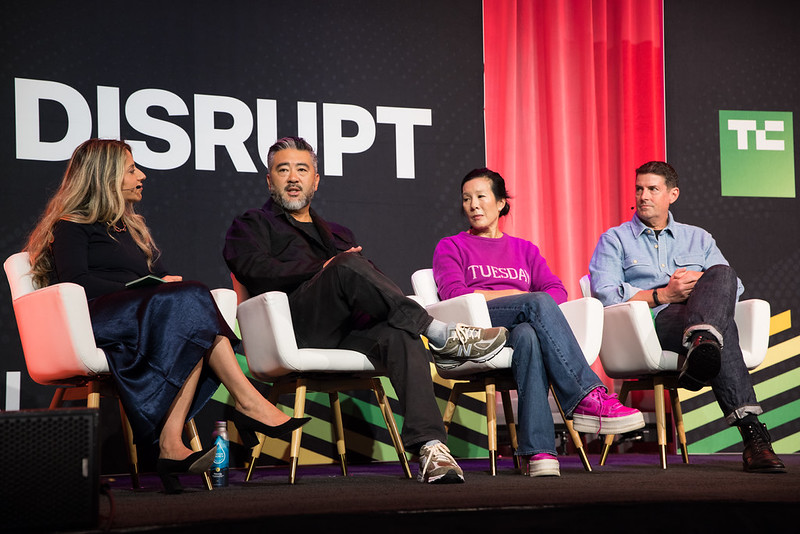Venture Capitalists Redefine Investment Strategies Amid AI Startup Boom
The venture capital (VC) landscape is undergoing a seismic shift as artificial intelligence (AI) startups redefine traditional investment paradigms. Historically, VCs adhered to established metrics and growth trajectories when evaluating potential investments. However, the rapid ascent of AI companies is compelling investors to adopt more flexible and dynamic approaches.
Accelerated Growth and New Investment Metrics
Aileen Lee, founder and managing partner of Cowboy Ventures, highlighted this transformation at TechCrunch Disrupt 2025. She observed that some AI startups are achieving unprecedented growth, scaling from zero to $100 million in revenue within a single year. This rapid expansion challenges conventional investment criteria, prompting VCs to consider a broader array of factors beyond mere revenue figures.
Lee emphasized that Series A investors are now evaluating elements such as data generation capabilities, the robustness of competitive moats, founders’ prior achievements, and the technical sophistication of products. This multifaceted assessment reflects the unique dynamics of AI ventures, where traditional growth metrics may not fully capture a company’s potential.
Evolving Standards for Early-Stage Funding
Jon McNeill, co-founder and CEO of DVx Ventures, noted that even AI startups demonstrating swift growth to $5 million in revenue can encounter challenges in securing subsequent funding. He pointed out that Series A investors are applying rigorous standards to seed-stage companies, a practice previously reserved for more mature enterprises. This shift underscores the heightened expectations and scrutiny facing AI startups in the current investment climate.
Balancing Technology and Market Strategy
The debate over the relative importance of technological innovation versus go-to-market (GTM) strategies is intensifying. McNeill suggested that companies with superior GTM approaches often outperform those with the best technology. However, Steve Jang, founder and managing partner of Kindred Ventures, contended that both robust technology and effective GTM strategies are essential for success. This discourse highlights the complex considerations VCs must navigate when investing in AI startups.
Surge in AI Investment
The AI sector’s meteoric rise is reflected in investment trends. In the first quarter of 2025, AI startups attracted approximately $70 billion in venture capital, accounting for over half of the total funding in the AI field for 2024. This represents a more than twofold increase compared to the same period in 2024. Notably, AI’s share of global venture capital surged to between 53% and 58% in Q1 2025, up from about 25% to 30% a year earlier. ([aicoin.com](https://www.aicoin.com/en/article/467607?utm_source=openai))
Implications for the Venture Capital Ecosystem
This unprecedented influx of capital into AI startups signifies a fundamental shift in the venture capital ecosystem. Investors are increasingly prioritizing AI-driven innovations, recognizing their transformative potential across various industries. Consequently, VCs are reevaluating traditional investment frameworks to accommodate the unique characteristics and rapid growth trajectories of AI companies.
Conclusion
The advent of AI startups is compelling venture capitalists to abandon conventional investment rules in favor of more adaptable and comprehensive strategies. As AI continues to revolutionize industries and redefine business models, the VC community must remain agile, balancing technological potential with market execution to identify and support the next generation of groundbreaking companies.



